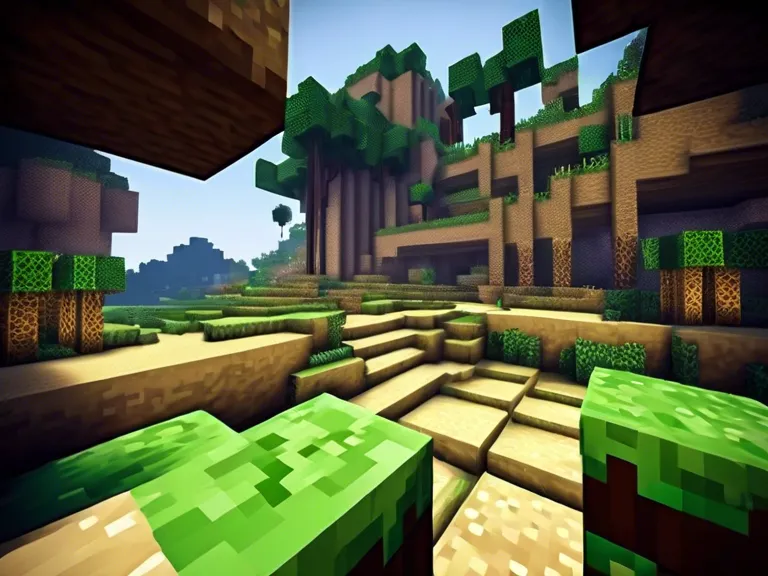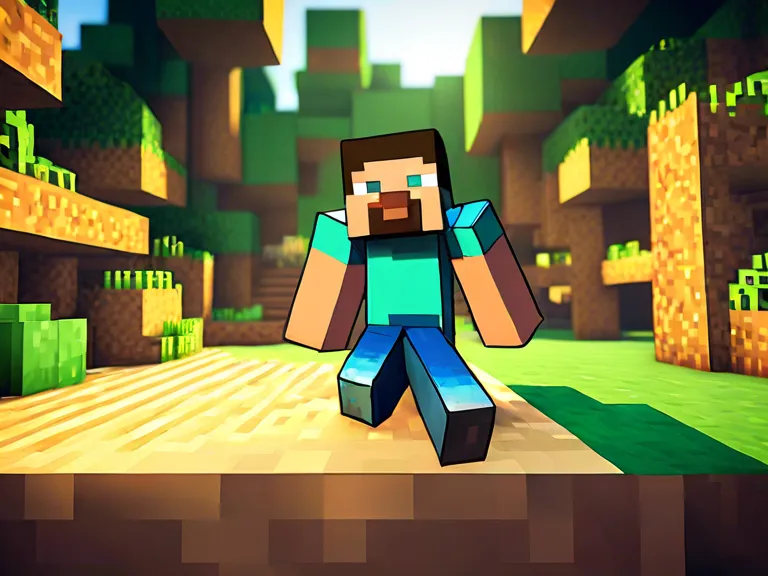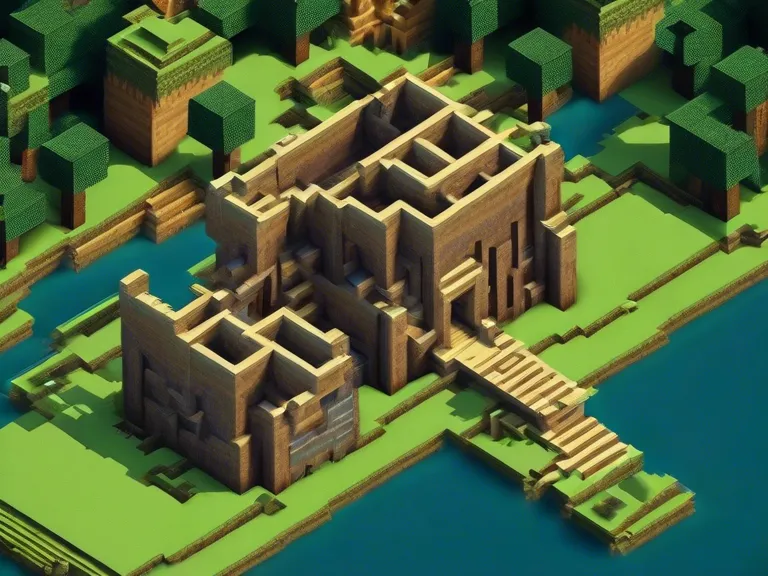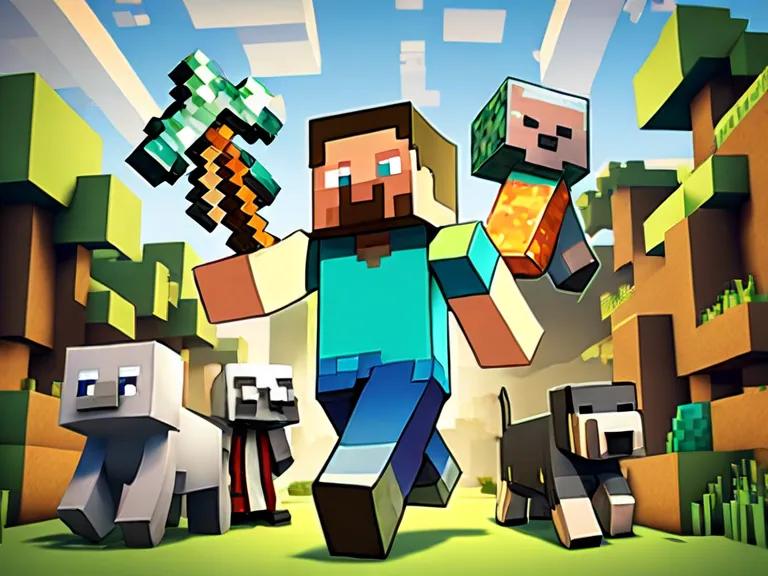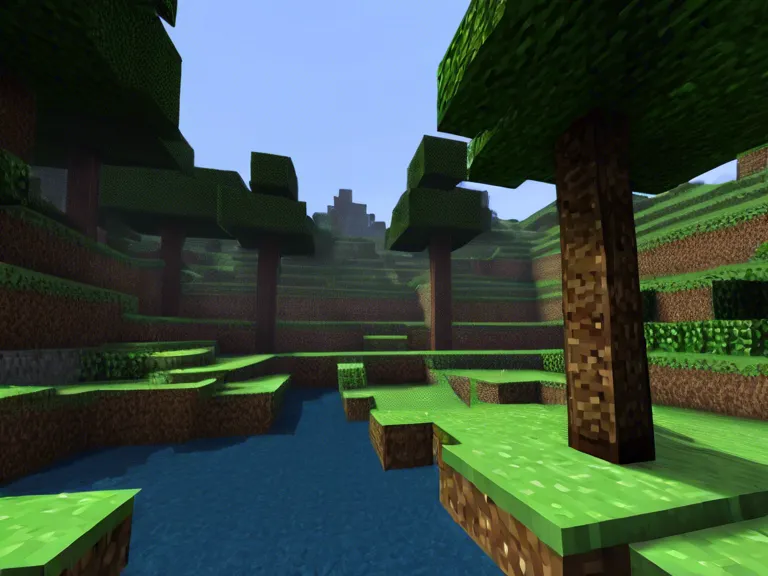
Minecraft is not just a game, it's an ever-evolving technological marvel that raises philosophical questions about creativity, innovation, and the nature of reality. From its humble beginnings to its current state as a global phenomenon, the evolution of Minecraft offers valuable insights into our relationship with technology and the digital world.
The technological evolution of Minecraft can be traced back to its roots as a simple indie game created by Markus Persson, also known as Notch. Released in 2011, Minecraft allowed players to create and explore vast virtual worlds made up of blocks. This basic concept quickly captured the imagination of gamers worldwide and laid the foundation for the game's continued success.
As Minecraft grew in popularity, its developers began to expand and improve upon the game's features. New updates brought new blocks, creatures, and gameplay mechanics, allowing players to build increasingly complex structures and embark on epic adventures. The introduction of multiplayer mode further transformed Minecraft into a social experience, where players could collaborate and compete in shared virtual spaces.
The technological evolution of Minecraft also reflects broader trends in the gaming industry, such as the rise of user-generated content and the growing importance of online communities. Players are not just consumers of Minecraft, but active participants in its ongoing development through mods, skins, and custom maps. This democratization of creativity has empowered players to express themselves in new and innovative ways, blurring the line between player and creator.
From a philosophical perspective, the technological evolution of Minecraft raises questions about the nature of reality in a digital age. As players immerse themselves in virtual worlds of their own making, they confront the boundaries between the physical and the digital, the real and the imagined. Minecraft challenges us to rethink our assumptions about creativity, identity, and the nature of play in a world where technology is ubiquitous.
In conclusion, the technological evolution of Minecraft is more than just a success story in the gaming industry – it is a window into the complexities of human creativity and innovation. By examining the game's history and impact, we can gain a deeper understanding of our changing relationship with technology and the profound philosophical questions it raises.
